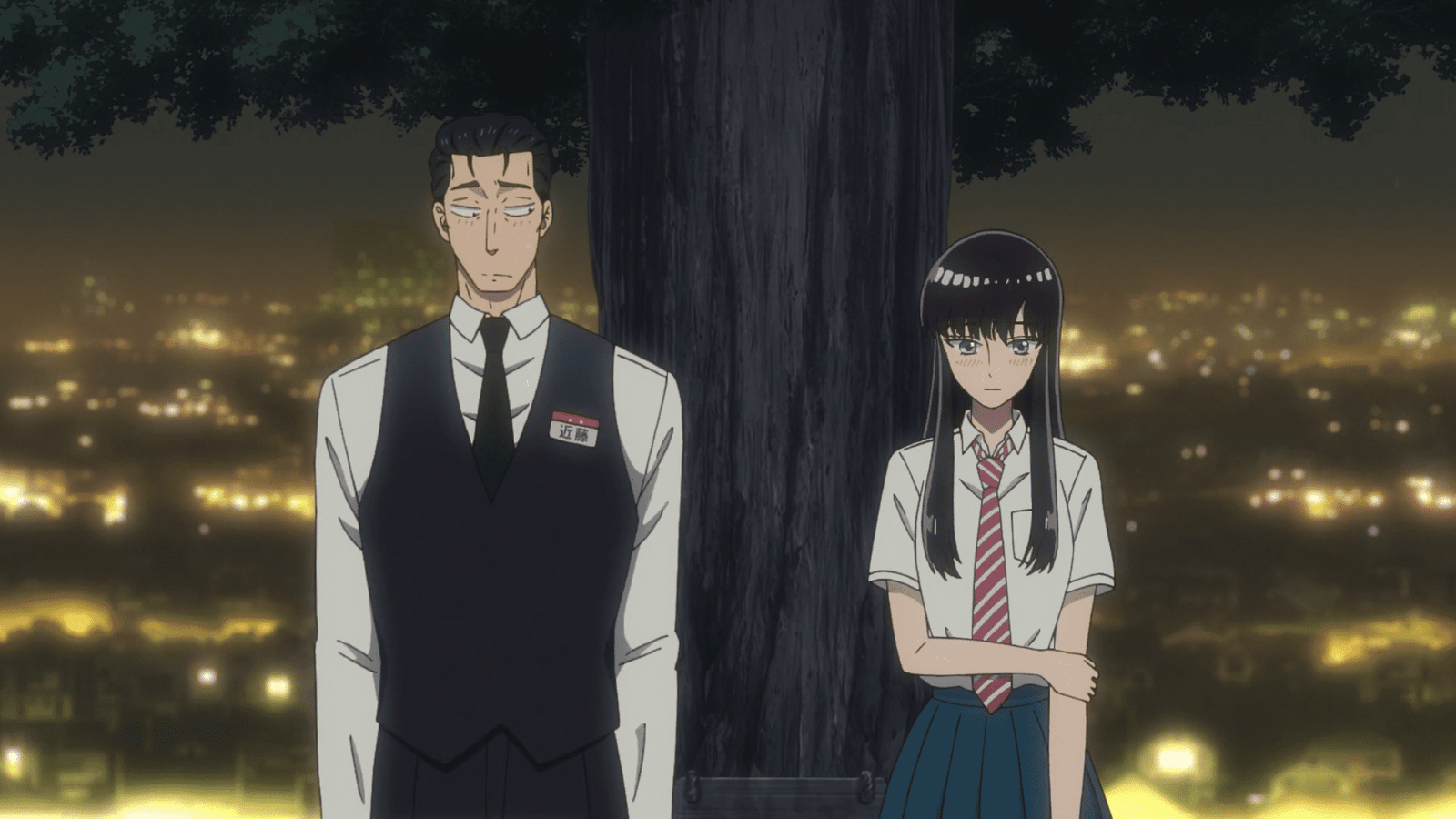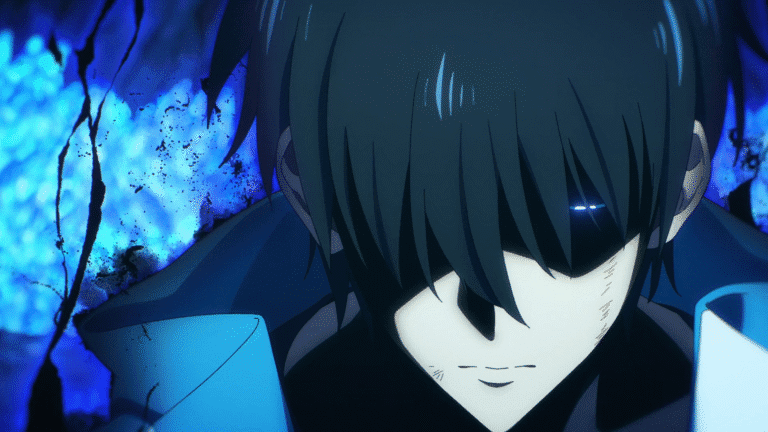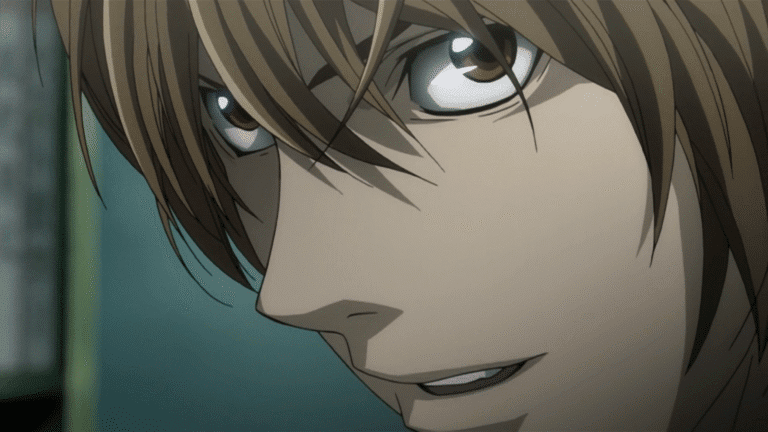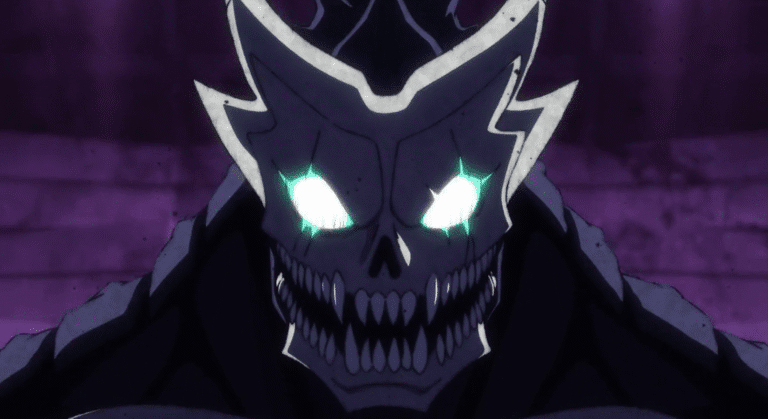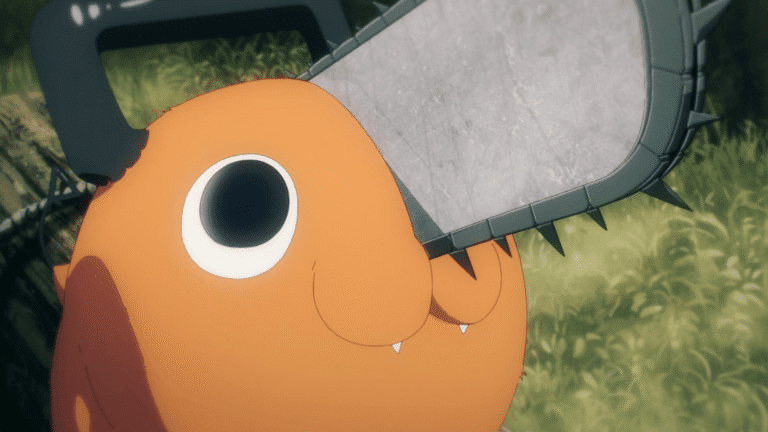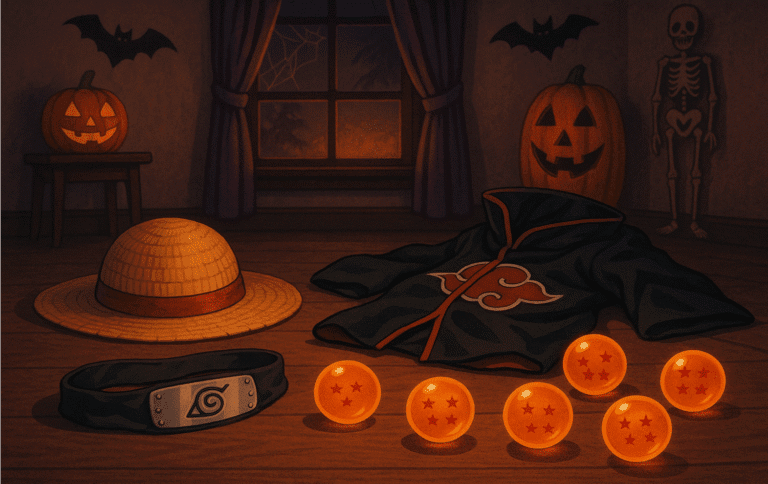After the Rain: A Poetic, Bittersweet Journey of Healing and Growing Up
At its surface, After the Rain seems like a simple story of an age gap love: Akira Tachibana, a 17-year-old high school girl and former track star, ends up falling for her 45-year-old manager, Masami Kondō, at the family restaurant where she works.
Sounds weird, right?
And yeah — it’s uncomfortable at first. The premise makes you raise an eyebrow. But here’s the twist — it’s not a story about romance in the way you think. It’s about yearning, healing, and growing up.
Akira is broken — her leg injury ended her dream of running, leaving her adrift in her own youth. Kondō, on the other hand, is a man whose fire for life burned out long ago. Their connection isn’t built on lust or fantasy — it’s built on mutual loneliness. They’re two people stuck in emotional rain, both quietly learning how to find the sun again.
The Vibes: Poetic Melancholy with Gentle Warmth
“After the Rain” feels like sitting by a café window on a cloudy afternoon — warm coffee in your hand, rain dripping down the glass, and that faint ache in your chest that somehow feels good.
The color palette is soft — pastel skies, reflective puddles, light shimmering on wet asphalt. The animation (by Wit Studio, same folks behind Attack on Titan and Vinland Saga) is delicate — every subtle facial expression and slow camera pan is loaded with emotion.
It’s not a loud anime. It doesn’t scream its feelings. It just breathes.
The pacing is slow, but intentionally so — every quiet scene is like a pause between heartbeats. It’s not about what’s said; it’s about what’s left unsaid.
Why You Should Still Watch It
Let’s be real — the premise scares people off. “High school girl likes older man” is a setup ripe for disaster. But “After the Rain” doesn’t exploit it. In fact, it challenges it.
There’s no fantasy fulfillment, no crossing the line, no romanticizing of that age gap. Instead, it becomes a story about rediscovering purpose. Akira’s affection for Kondō isn’t about romantic love — it’s about admiration for someone kind, patient, and imperfect. And Kondō, being painfully self-aware, never takes advantage of her feelings.
Instead, he gently redirects them — helping her remember that her youth isn’t over, and that she still has dreams worth chasing.
By the end, it’s not a “love story.”
It’s a story about letting go. About how people drift into each other’s lives, not always to stay, but to remind one another what it means to live again.
Final Verdict
“After the Rain” is quiet, mature, and uncomfortably real. It takes what could’ve been a problematic mess and turns it into something healing, poetic, and human. It’s about fleeting connections, the passage of time, and how even awkward, rainy encounters can wash the dust off your heart.
It’s not an anime for everyone — but if you let it, it’ll linger.
Like the scent of rain on pavement after the clouds finally break.
Rating: 8.8/10 — Beautiful, bittersweet, and more honest than you’d expect.
Image credit Wit Studio

